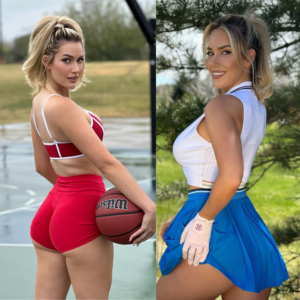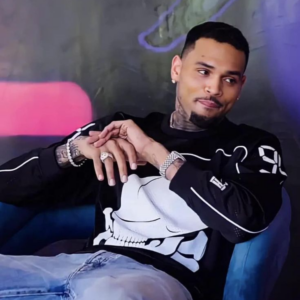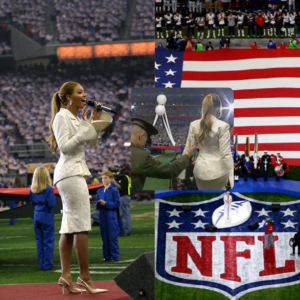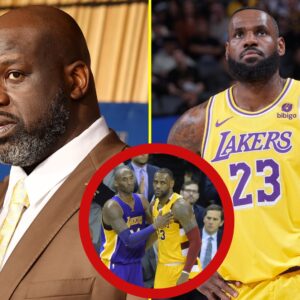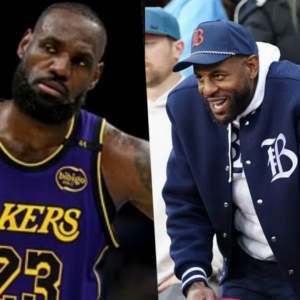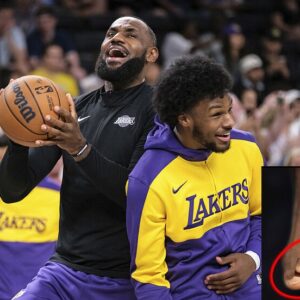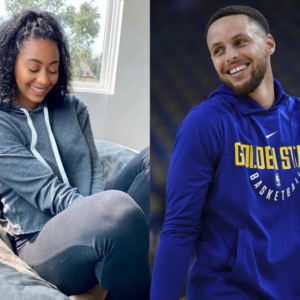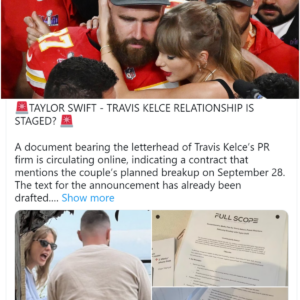Beyoncé’s return to country music as a Texas native is something utterly mesmerizing
For over a month now, I’ve had Beyoncé’s record-breaking singles “TEXAS HOLD ‘EM” and “16 CARRIAGES” on repeat. Her return to country music as a Texas-born woman is something so mesmerizing given how much cultural influence she has.
I say return because, in addition to the two phenomenal singles, I’ve been revisiting “Daddy Lessons,” a track from her 2016 album “Lemonade.” For a moment, people on TikTok were entranced by Beyoncé’s step into the world of country music.
It’s not unique to say I grew up listening to Beyoncé. Watching the “Single Ladies” music video is one of the first I remember. It’s an iconic, Grammy-winning track that has had an immeasurable amount of influence on American pop culture.
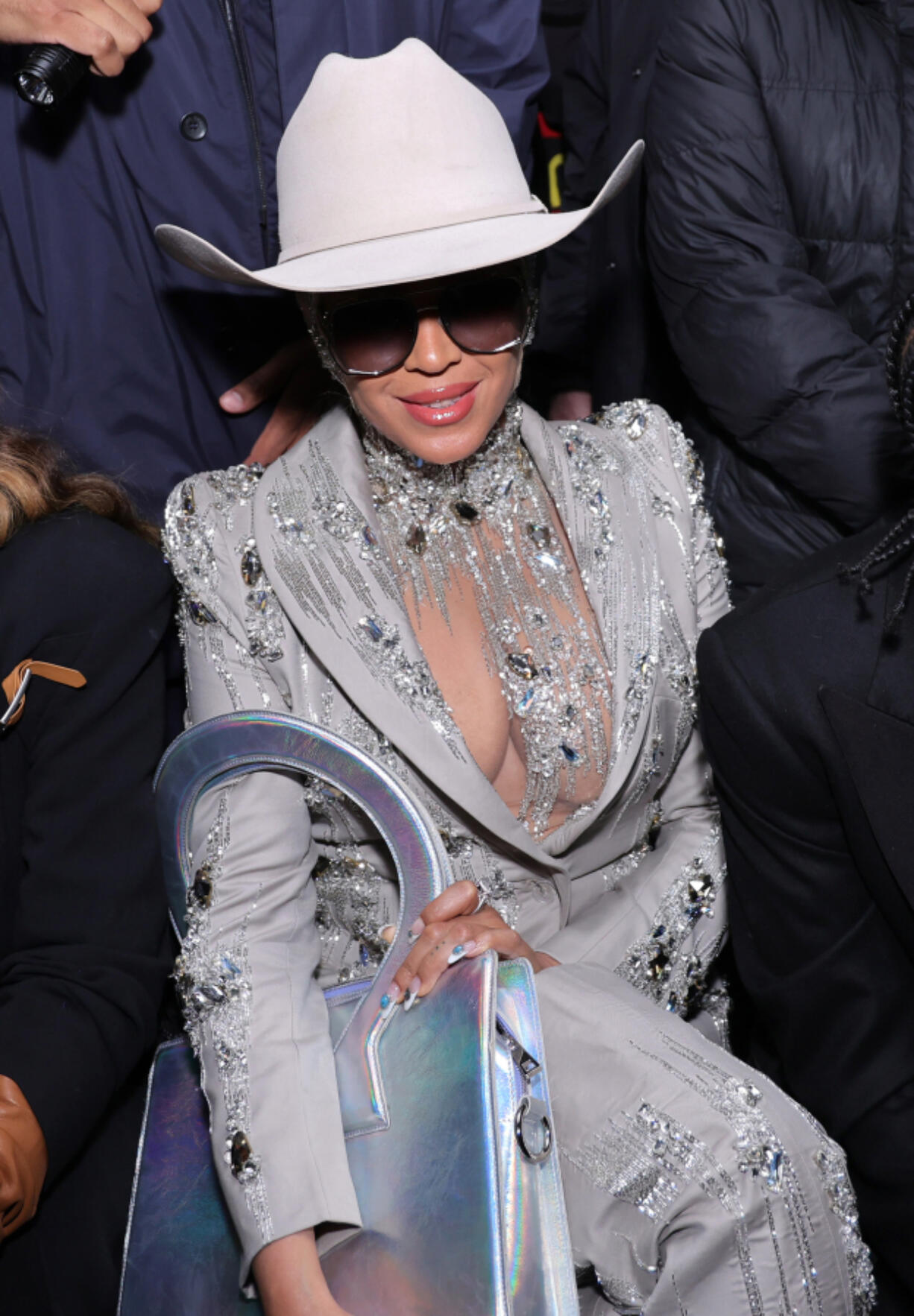
As a Nebraskan, it’s also not unique to say I grew up listening to country music, either. It’s easy to fall back on Garth Brooks and Tim McGraw. The first CD I ever got was Taylor Swift’s “Fearless.” When I’d accompany my mom to the grocery store, she was usually humming along to the Miranda Lambert tracks over the speakers.
Growing up in a heavily Republican area, I fully understand the stereotypical country music fan, and I know that country music is, or was, for quite a long time, viewed as “hillbilly” music that’s rooted in Euro-American Christian culture. Beyoncé’s entrance to the country music genre was well-taken by her fans, but there’s no denying that the space is unwelcoming to non-White, non-male artists.
Jason Aldean, for example, released “Try That In A Small Town” last year. His lyrics were considered controversial because as a Today article puts it, they “center on the divide between people in cities and rural areas (or “small towns”) where, according to Aldean, people aren’t as tolerant of certain behavior.”
The song drew heavy criticism from many, including the likes of Sheryl Crow, who said in a Tweet, “This is not American or small town-like. It’s just lame.”
The country star from Macon, GA, a city of over 153,000 people, stands by his “small-town” lyrics. It’s these kinds of artists who pull from the genuine goal of country music. It’s music that developed from the working class, from people who were on the margins of society, made as a form of activism for those who might not have a voice.
The folk-country scene has always come from the struggles of the common people. Songs were written, passed around and played for everyday people. Its roots are in the authenticity that current artists, like Beyoncé, are drawing on when they release their work.
For her, a Black woman, the current culture around country music might be less accepting. Kenny Chesney in the audience of Beyoncé’s 2016 performance of “Daddy Lessons” with The Chicks at the Country Music Awards comes to mind. As the camera panned to the crowd, many were smiling and clapping along, but he looked lukewarm at best about the performance.
But, like many other Black country artists — The War & Treaty, Yola, Mickey Guyton, The Pointer Sisters, Charley Pride — she’s not going anywhere. Though the genre has become more and more closed off to historically marginalized groups over the years, there’s truly room for everyone. If you don’t want to listen to Beyoncé, that’s okay, but she has more than earned her spot in the country music scene.
News
Paige Spiranac, a former professional golfer turned influencer, has found immense success in her career as a social media influencer, model, and media personality. With 3.9 million Instagram followers and 1.5 million on TikTok, she has become a prominent figure in the online world.
Paige Spiranac flattered to inspire others, including copycats, in Social Media success In a recent interview with The U.S. Sun at The SI Invitational, Spiranac expressed her…
Golf influencer Paige Spiranac knows exactly what some people think of her, and she had the perfect response ready for those critics.
Paige Spiranac posts brilliant response to sexist critics who think she does not know how to golf She played dumb in order to prove her point The Instagram…
PAIGE SPIRANAC delighted fans with her latest social media post.
The golf influencer loves to upload snaps of herself from various courses around the world. 28 Paige Spiranac posed in a figure-hugging black dressCredit: https://twitter.com/PaigeSpiranac 28 Fans love…
Paige Spiranac fans left distracted as she teases curves in busty outfit
Instagram influencer and golfer Paige Spiranac gave her fans an eyeful in her latest post. Paige Spiranac shares golf tutorial Fans of golf star and social media…
Crowned The King Of R&B, Chris Brown Has Amassed A 2024 Net Worth Of $50 Million
Chris Brown is an iconic and well-known singer, songwriter, actor and world-class dancer. Working since he was 16, Brown has continued to thrive within the entertainment industry and…
NFL fired Beyoncé after just 2 minutes on stage for singing ‘Alternative National Anthem’ at NFL.
In a world where celebrities often tread lightly around political and social issues, global superstar Beyoncé has never been one to shy away from making a statement….
End of content
No more pages to load


